Is it Safe to Drive with a Blocked DPF? The short answer is No, it is not safe to drive with a blocked DPF. A blocked DPF can cause your car to lose power, emit more pollutants, and eventually damage your engine. If you see the DPF warning light on your car, take it to a mechanic to have it cleaned or replaced.
The DPF plays a crucial role in reducing harmful emissions from diesel vehicles, trapping soot and other particles before they are released into the atmosphere.
However, over time, the filter can become clogged and obstructed, causing various issues for your vehicle’s performance and reliability.
In this article, we will explore why driving with a blocked DPF is not advisable and what consequences it may have on your engine’s health.
Table of contents
What is a DPF and how does it work?
A Diesel Particulate Filter (DPF) is an essential component of modern diesel vehicles designed to reduce harmful emissions.
It works by capturing and storing particulate matter (PM), such as soot, that is produced during the combustion process. Here’s how a DPF functions:
Capture:
As exhaust gases pass through the DPF, the filter traps the microscopic particles in its porous structure.
Regeneration:
Over time, the trapped particles accumulate and can clog the filter, leading to reduced performance. To prevent this, the DPF undergoes a process called regeneration.
Passive Regeneration:
During normal driving conditions at higher speeds or on longer journeys, exhaust temperatures naturally rise sufficiently to burn off trapped soot particles without intervention.
Active Regeneration:
If passive regeneration doesn’t occur frequently enough due to short trips or low speeds, active regeneration takes place.
The engine’s control system injects extra fuel into the exhaust system where it reaches high temperatures and burns off accumulated soot.
This may be accompanied by an increase in fuel consumption or slight changes in engine noise but should not cause significant disruption.
It’s important to follow manufacturer guidelines regarding regular maintenance and appropriate driving conditions for effective DPF operation:
Driving with a blocked DPF can have serious consequences:
To ensure your vehicle operates smoothly while minimizing environmental impact, it’s crucial to understand your DPF’s function and follow recommended maintenance practices.
Regular servicing, driving under suitable conditions, and addressing any warning lights promptly will help keep your DPF operating optimally.
The Dangers of Driving with a Blocked DPF:
Driving with a blocked Diesel Particulate Filter (DPF) can pose serious risks to both your vehicle and your safety. Here’s why it’s crucial to address this issue promptly:
Signs that your DPF may be blocked:

If you suspect that your Diesel Particulate Filter (DPF) is blocked, there are a few telltale signs to look out for. Ignoring these signs can lead to serious engine damage and expensive repairs.
Here are some indicators that your DPF may be blocked:
Remember, driving with a blocked DPF can lead to severe consequences for both your vehicle’s engine health and safety on the road.
How to Prevent Your DPF from Getting Blocked?
To avoid the inconvenience and potential damage of a blocked Diesel Particulate Filter (DPF), it’s important to take preventive measures.
Here are some tips to keep your DPF in good condition:
What to do if you have a blocked DPF?
If you suspect that your DPF (Diesel Particulate Filter) is blocked, it’s important to take immediate action to prevent further damage. Here are some steps you can take:
- Check warning lights: Pay attention to any warning lights on your dashboard indicating a potential issue with the DPF system. If the light is illuminated or flashing, it’s a clear sign of trouble.
- Regenerate the filter: Many modern vehicles have an automatic regeneration process built into their systems. This involves raising the temperature of the exhaust gases to burn off accumulated soot and particles in the DPF. To initiate this process, follow these steps:
- Drive at highway speeds: Take your vehicle for a prolonged drive on a highway or motorway where engine load and exhaust temperatures are higher.
- Maintain consistent speed: Try to maintain a constant speed between 40-60 mph for around 10-15 minutes.
- Avoid short trips: Regularly using your vehicle for short trips may not allow sufficient heat buildup in the exhaust system, which is necessary for successful regeneration.
- Use diagnostic tools: If manual regeneration doesn’t solve the issue or if there is no automatic regeneration capability in your vehicle, consider using specialized diagnostic tools designed for cleaning or regenerating blocked DPFs.
- Seek professional assistance: If none of the above methods work, it’s best to seek help from a qualified mechanic who specializes in diesel engines and emission systems. They will be able to diagnose and address any underlying issues causing blockage efficiently.
Remember that driving with a severely blocked DPF can cause serious damage to your engine over time due to increased back pressure within the exhaust system.
It’s essential not to ignore warning signs or delay taking appropriate action when dealing with such problems.
| Warning Signs | Actions |
|---|---|
| Illuminated DPF warning light | Initiate manual or automatic regeneration process |
| Flashing DPF warning light | Seek professional assistance for diagnosis and repair |
Taking proactive steps to address a blocked DPF will help ensure the longevity and reliability of your vehicle’s engine while also minimizing any potential safety risks.
Watch this video to fix this issue:
How long can you drive with a clogged DPF?
You can technically drive with a clogged DPF for a around 30 minutes, but it’s not advisable. Continuing to drive with a blocked DPF can cause severe engine damage and worsen emissions. It’s crucial to address the issue as soon as possible.
Can you drive with a clogged DPF?
While you can drive briefly with a clogged DPF, it’s not recommended. Doing so can harm your engine, reduce fuel efficiency, and potentially lead to more extensive repairs. It’s best to address the problem promptly.
Can a blocked DPF cause damage?
Yes, a blocked DPF can cause significant damage to your vehicle. It can lead to increased back pressure in the exhaust system, potentially damaging the engine, turbocharger, and other components. Prompt action is essential to prevent costly repairs.
Can a blocked DPF clear itself?
Yes A blocked DPF can typically clear itself. Some vehicles have a regeneration system to burn off trapped particulates, but if the DPF is severely clogged, it may require professional cleaning or replacement to function properly again.
Conclusion and final thoughts 💭
Driving with a blocked Diesel Particulate Filter (DPF) is not advisable.
While it may seem like a temporary inconvenience to ignore the warning signs and continue driving, doing so can have serious consequences for your vehicle’s engine.
A blocked DPF restricts the flow of exhaust gases, leading to increased pressure in the system.
This excessive pressure can cause severe damage to various components of your engine over time.
Ignoring this issue could result in costly repairs or even irreversible mechanical malfunctions.
Latest Posts:
- Can WD-40 Remove Scratches on Cars? (Hint: Yes, but…)
- Can You Use a Drill to Polish Your Car? (We Tried it Out!)
- Should You Cover Car Scratches With Stickers? (REVEALED!)
- Buick Service Stabilitrak: (Causes & 100% Guaranteed Fix!)
- Common Holden Trax Problems (Causes & 100% Proven Fixes!)
- Jeep Commander Transmission Over Temp: (Guaranteed Fix!)

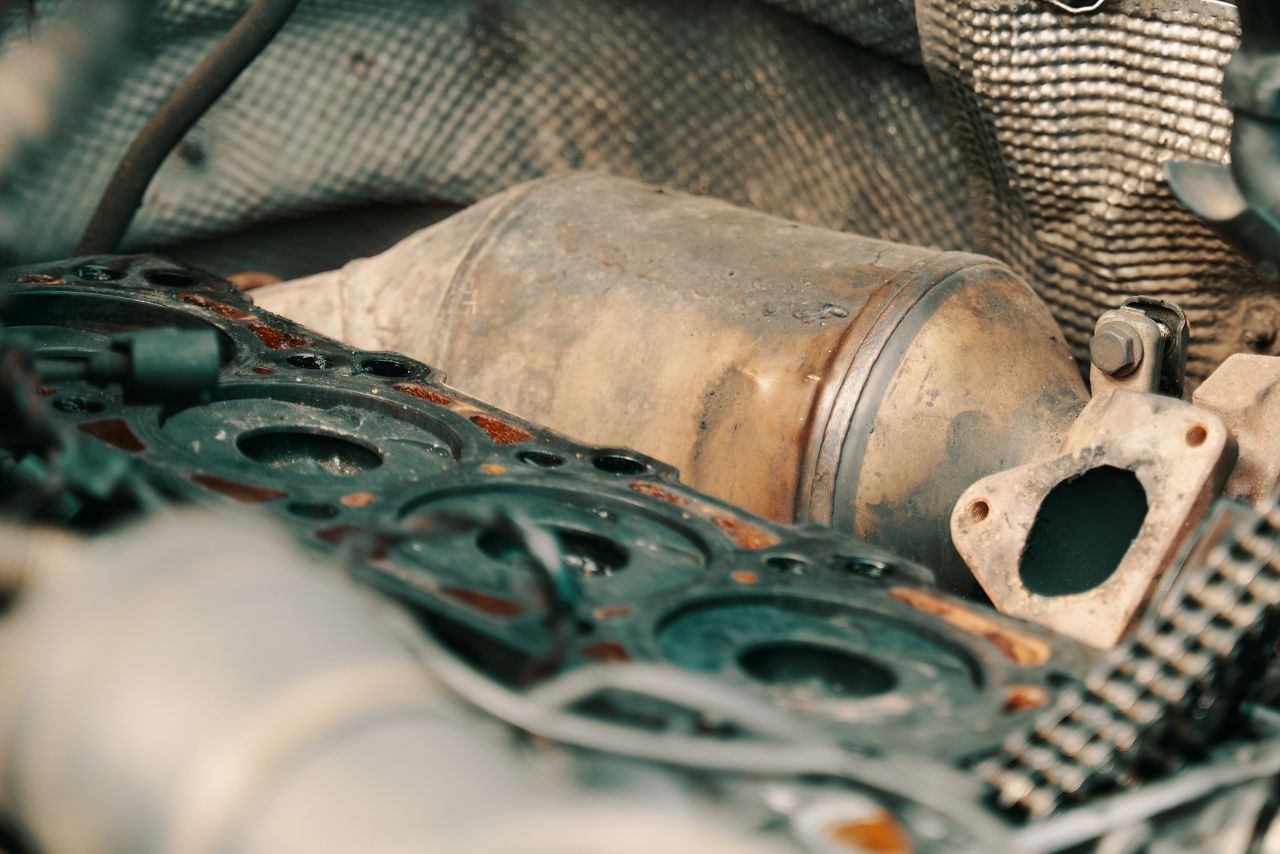



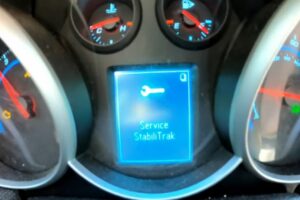

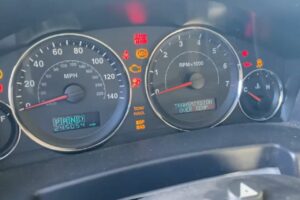
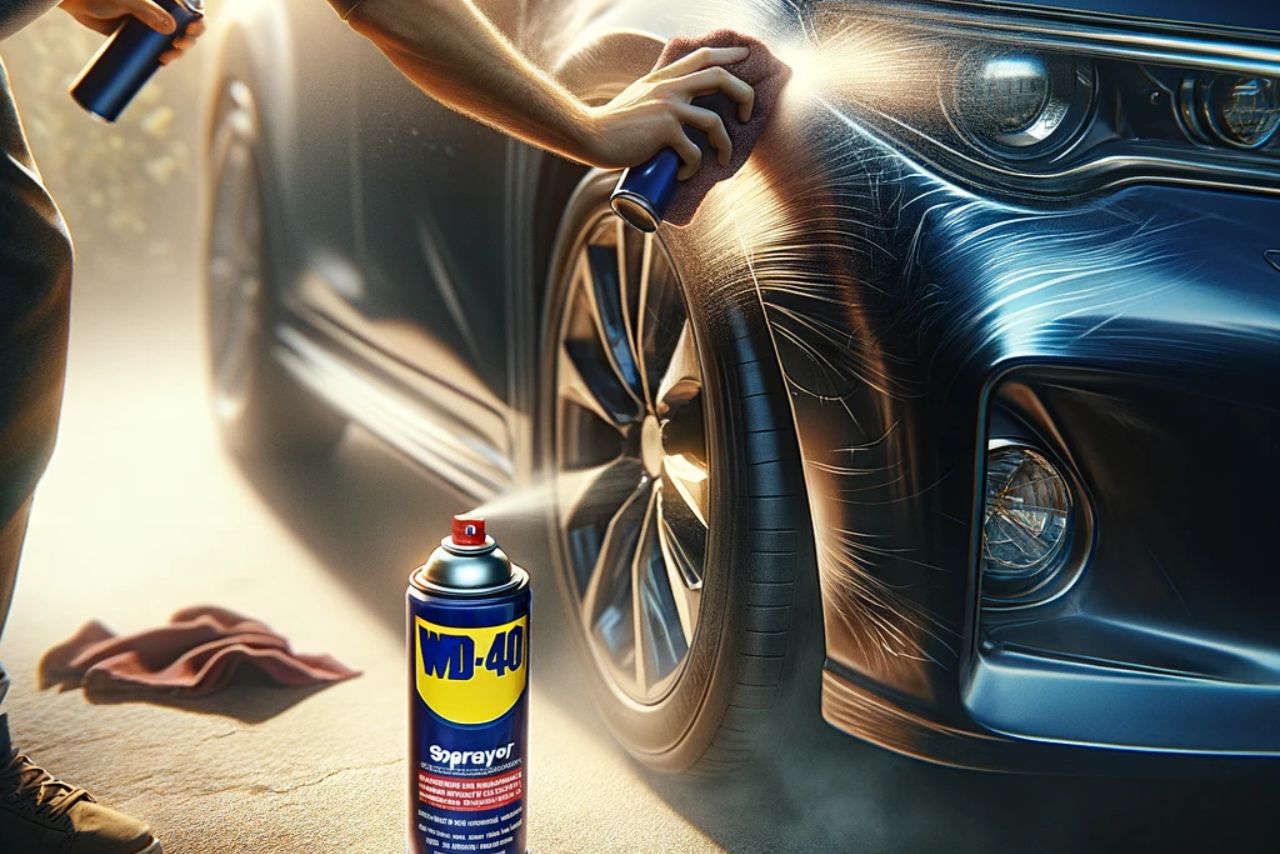
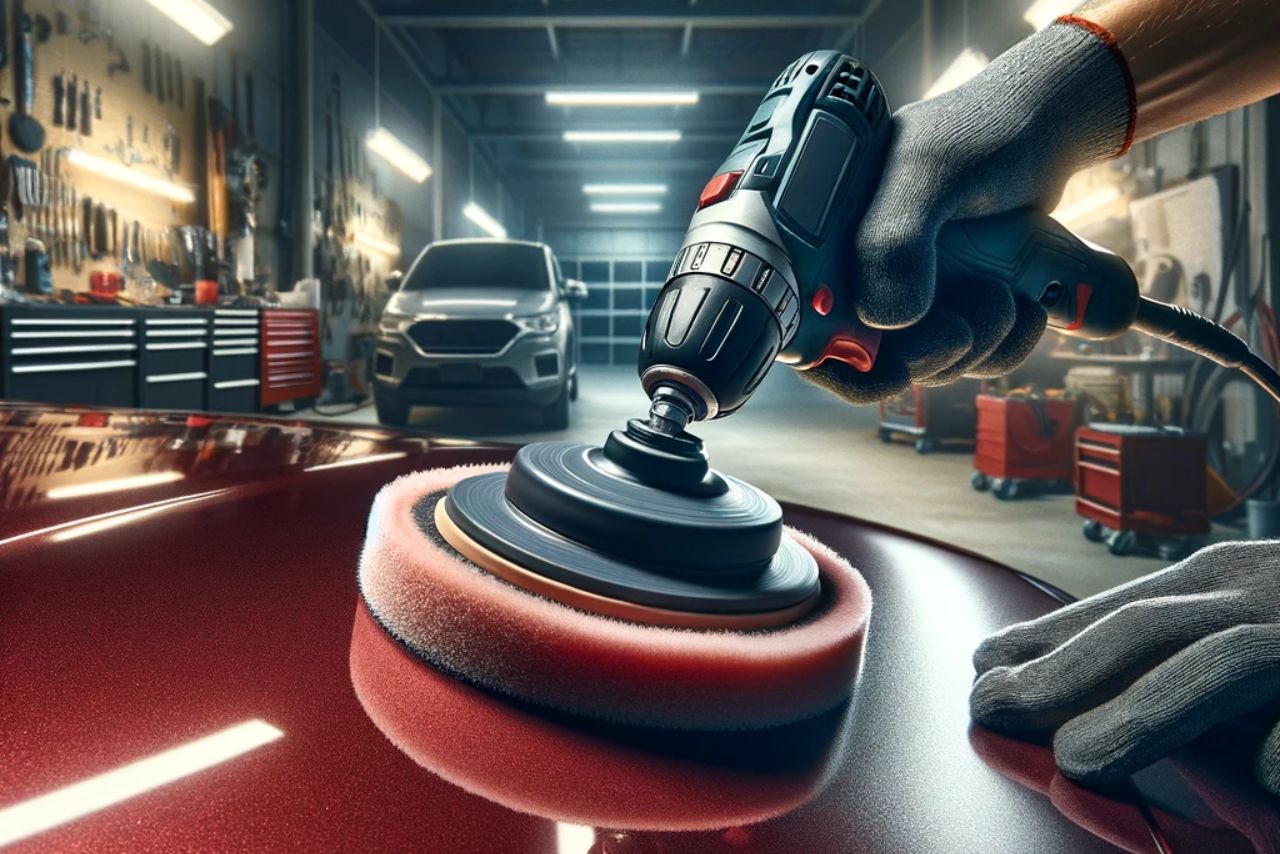

Leave a Reply